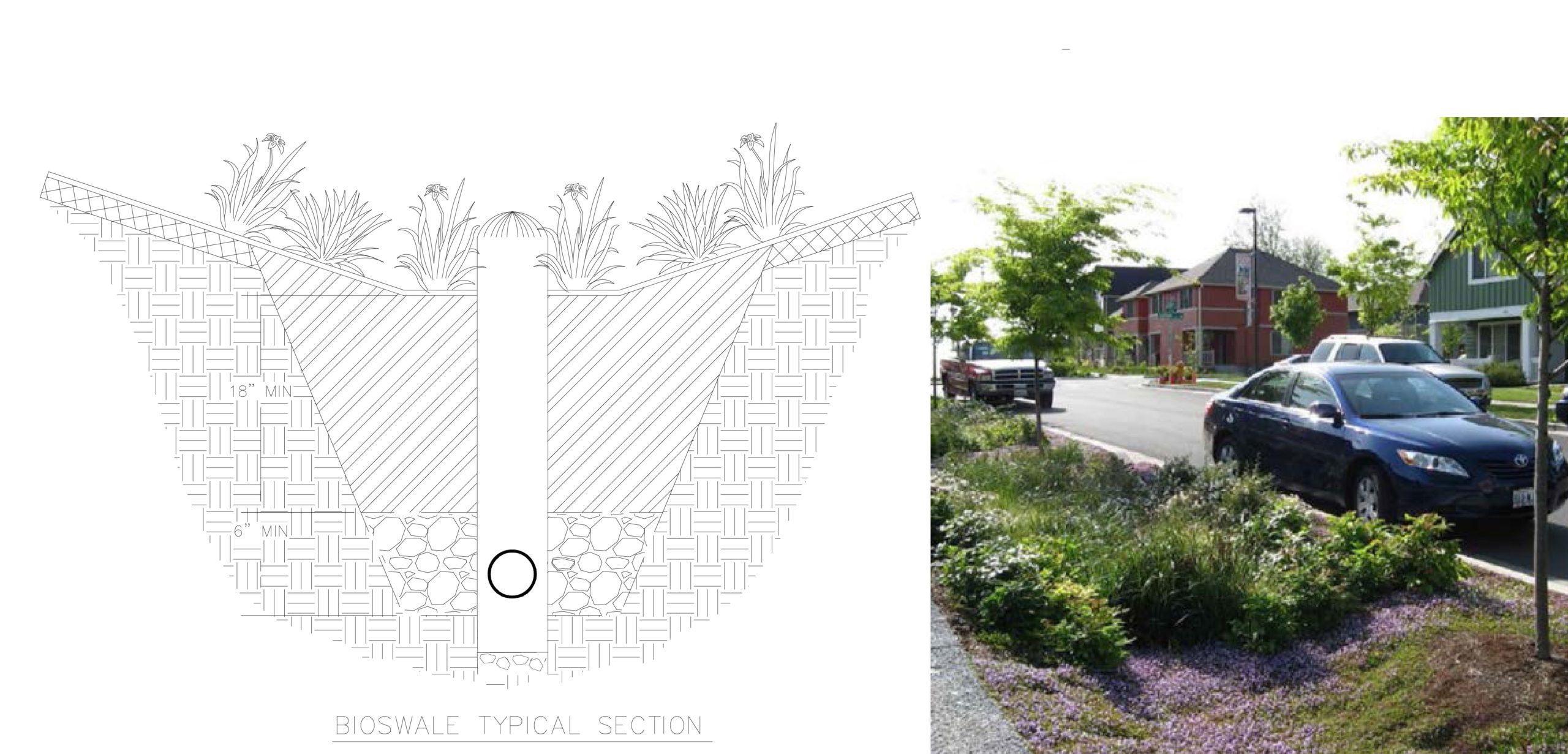Delta Institute is operating as an EPA Region 5 EFC in Category 2: Regional Water Infrastructure—so that more communities have access to cleaner and healthier water resources.
In brief: What We’re Doing
All communities need access to safe, clean, and reliable water. EPA’s Water Technical Assistance provides hands-on support for communities to assess their needs, identify potential solutions, and develop funding applications. EPA is working with nonprofit technical assistance providers, like Delta Institute, located across the country that have extensive expertise in helping communities solve water challenges.
Delta and our partners, as one of the EPA Region 5 EFCs, are providing targeted technical assistance centered around funding for projects that achieve the goals of either the Clean Water Act (i.e. natural sources/bodies of water that benefit the public) or the Safe Drinking Water Act (i.e. water specifically for human consumption, and administered by utilities/municipalities). These projects focus on water infrastructure for municipalities, local forms of governments, states, Tribal governments, and non-governmental organizations.
Our efforts dovetail and align with those of our friends, the Great Lakes Community Action Partnership (GLCAP) and Michigan Technological University, who are also serving as EPA Region 5 Environmental Finance Centers. Delta Institute’s focus is on Water Technical Assistance, and we cross-pollinate with these peer organizations as needed depending on the needs of our partner communities.
The Process: How to Begin, and What Technical Assistance is Available
A community may contact the EPA, or Delta Institute to fill out a technical assistance intake form; Delta Institute’s intake form is located at the bottom of this page. This begins the technical assistance process, which normally starts with an informational meeting to learn more about your community. Once we have an understanding of your needs, we can identify specific services that are both helpful and timely for your community’s project planning.
As a brief overview, our approach to technical assistance includes:
Targeted and focused services centered on the needs of partner communities.
Our technical assistance services will directly engage with water utilities and communities, resulting in concrete actions that put communities on the path to successfully accessing SRF funding. Delta and our partners are providing services to partner agencies inclusive of:
- Planning and assessment: Water infrastructure project identification, planning, and set-up;
- Project development: Ensuring project readiness for SRF application(s);
- Funding and financing: Application assistance to secure state based SRF investment; Compliance and risk mitigation advisement;
- Program management support: Project maintenance, stewardship, and long-term planning; and,
- Direct Water-focused technical assistance.
Meeting technical assistance recipients where they are in their project work.
Our EFC’s approach to technical assistance will commence with and will be grounded within the water utility, municipality, and community needs, to then progress and work from that starting point.
Our services are informed by the technical, administrative, managerial, and financial realities of the communities we work within. This approach directly dovetails with Delta Institute’s current and prior municipal- and community-based water infrastructure projects.
Available Resources to Help you Plan for Water Infrastructure Technical Assistance
Our geographic focus is EPA Region 5 states, which includes Illinois, Indiana, Michigan, Minnesota, Ohio, and Wisconsin. If you are a community within that geography, and you need technical assistance to undertake water infrastructure projects (potentially for the first time), please familiarize yourself with helpful materials and resources on this webpage that can support your planning.
Please note that each state has their own State Revolving Fund (SRF) criteria, along with their own State-specific definitions of underserved communities. Some States also have specific criteria for Clean Water vs. Drinking Water SRF projects (please see the below Region 5 State-specific roster). It’s helpful to review your State’s requirements prior to project planning.
Here’s some common links to the protocols and policies of specific State Revolving Fund (SRF) guidelines, deadlines, and application process. Please note that EPA follows state-based guidelines, so your specific state’s policies are what guides our technical assistance.
Want to talk through all of this? Delta can help you navigate through the process, answer questions, and support an array of pre-SRF application needs. Reach out to us today!
Is your project eligible? Review federal Clean- and Drinking- Water SRF eligibilities:
Illinois
Indiana
Michigan
Minnesota
Wisconsin
Please also take a moment to review the very helpful SRF Switchboard created and managed by our friends at the Southwest Environmental Finance Center that details all 50 states’ SRF requirements:
Understandably wanting more details about State Revolving Funds (SRFs) before you dive in? Please take a moment to sign up for a 9-part series of free trainings by our friends at the River Network to learn more about how to get your water infrastructure project funded:
¿Su comunidad necesita materiales de los programas del Fondo rotativo estatal (SRF, por su siglas en inglés) traducidos al español? El SRF State Advocates Forum recopila recursos y herramientas para ayudar a nuestros miembros a comprender y participar en el proceso de SRF. Tienen hojas informativas, bases de datos de recursos y grabaciones generales:
Our Goals: What We Plan to Accomplish in the Years Ahead
Community Collaboration and Support
From 2023-2028, we plan that more than 200 communities will benefit from our eligible clean water and drinking water finance technical assistance services.
Contact us today to jumpstart your project!
Securing Investment
Our goal is assisting communities to apply to their State Revolving Funds, while ensuring comprehensive representation and collaboration with communities. Delta is consistently collaborating with EPA on the intake, review, and facilitation of eligible clean water and drinking water finance technical assistance to ensure that more communities have access to SRF opportunities for their water needs.
Have questions? We’re here to help.
Please contact us at delta@delta-institute.org to learn more before starting the process, or please fill out the below form to start the technical assistance process. Our staff will review responses on a real-time basis and will be in touch within 3 business days to schedule an introductory conversation to learn more about your community’s Water Technical Assistance needs.


